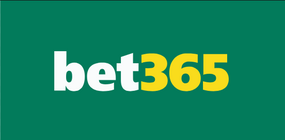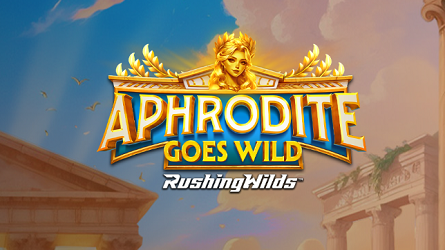UK Gambling Industry Mounts Lobbying Campaign to Prevent Tax Rise 28 July 2025
The Gambling Lobby Pushes Back Against Proposed Tax Hike
The UK’s gambling industry has launched a significant lobbying effort to prevent the Treasury from introducing higher, harmonised gambling taxes. The campaign is being led by the Betting and Gaming Council (BGC), which represents a broad coalition of betting shops, casinos, and online gaming firms.
According to recent reports from The Guardian, the BGC’s summer campaign includes both formal policy engagement and informal networking events designed to influence political decision-making at Westminster.
Why the Gambling Industry Is Opposing Tax Harmonisation
At the heart of the issue is the Treasury’s review of existing gambling duty structures. Currently, betting shops and online casinos are taxed at different rates - 15% for sports betting and up to 21% for remote gaming. The Treasury is reportedly exploring a harmonised rate that could consolidate these into a single, higher tax bracket.
This move could significantly increase the effective tax burden on gambling companies, particularly online operators, prompting widespread concern from the industry.
How the BGC Is Influencing Westminster
The BGC’s lobbying strategy includes:
-
Hosting themed events (such as a darts night with Labour staffers)
-
Partnering with large operators like Flutter Entertainment
-
Engaging directly with senior political aides, including the chief of staff to Shadow Chancellor Rachel Reeves
-
Submitting formal policy briefings arguing that tax increases would harm jobs and industry investment
Former Labour MP Michael Dugher, now a prominent figure in the BGC, has been central to these efforts.
Inside the UK Gambling Lobby’s Summer Charm Offensive and What It Means for Tax Reform
Growing Political and Public Health Opposition
Despite the charm offensive, there is growing resistance from within Labour. MPs such as Dawn Butler and Andy Burnham have expressed concerns about the gambling industry's influence and have called for tighter regulations, particularly in areas affected by gambling-related harm.
Public health groups and charities have also weighed in, advocating for more robust controls and warning that the gambling sector’s lobbying may overshadow the social consequences of addiction and debt.
The Horse Racing Industry’s Financial Concerns
The proposed tax reform also risks impacting the UK horse racing sector, which currently benefits from revenue tied to betting duties. Industry leaders warn that a unified tax rate could result in £66 million to £160 million in annual losses, potentially threatening racecourse closures and job cuts.
Horse racing stakeholders have urged the government to exempt betting on races from any duty increases while supporting higher taxes on online casinos.
Policy Research and Next Steps
Think tanks such as the Social Market Foundation (SMF) are evaluating the potential effects of various tax models. One suggestion under review includes increasing online casino duty to 35%, aligning it more closely with international standards.
Chancellor Rachel Reeves has yet to confirm any final decisions, but sources suggest that any reform would be framed around simplifying tax collection while ensuring that major online operators contribute more to public finances.
Conclusion: What This Means for Gambling Regulation in the UK
As the debate intensifies, the UK gambling industry is doing everything it can to preserve its tax advantages. With mounting pressure from both public health advocates and sectors like horse racing, the government will need to weigh economic competitiveness against social responsibility.
Any new tax policy will likely reshape the landscape of online betting, casino gaming, and horse racing for years to come.
Lastest news
Most readed
Best Online Casinos for Real Money
What is the luckiest casino game
Must-Try Slots This Week
The 6 Highest Paying Online Casino
Set Your Limits and Stick to Them
Show more




















